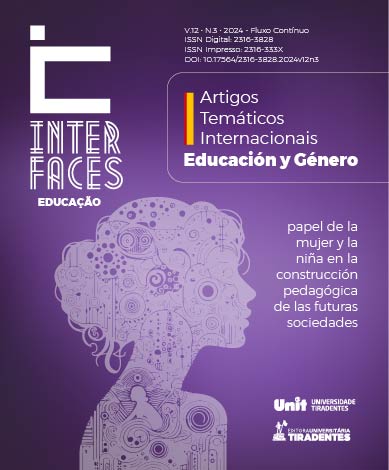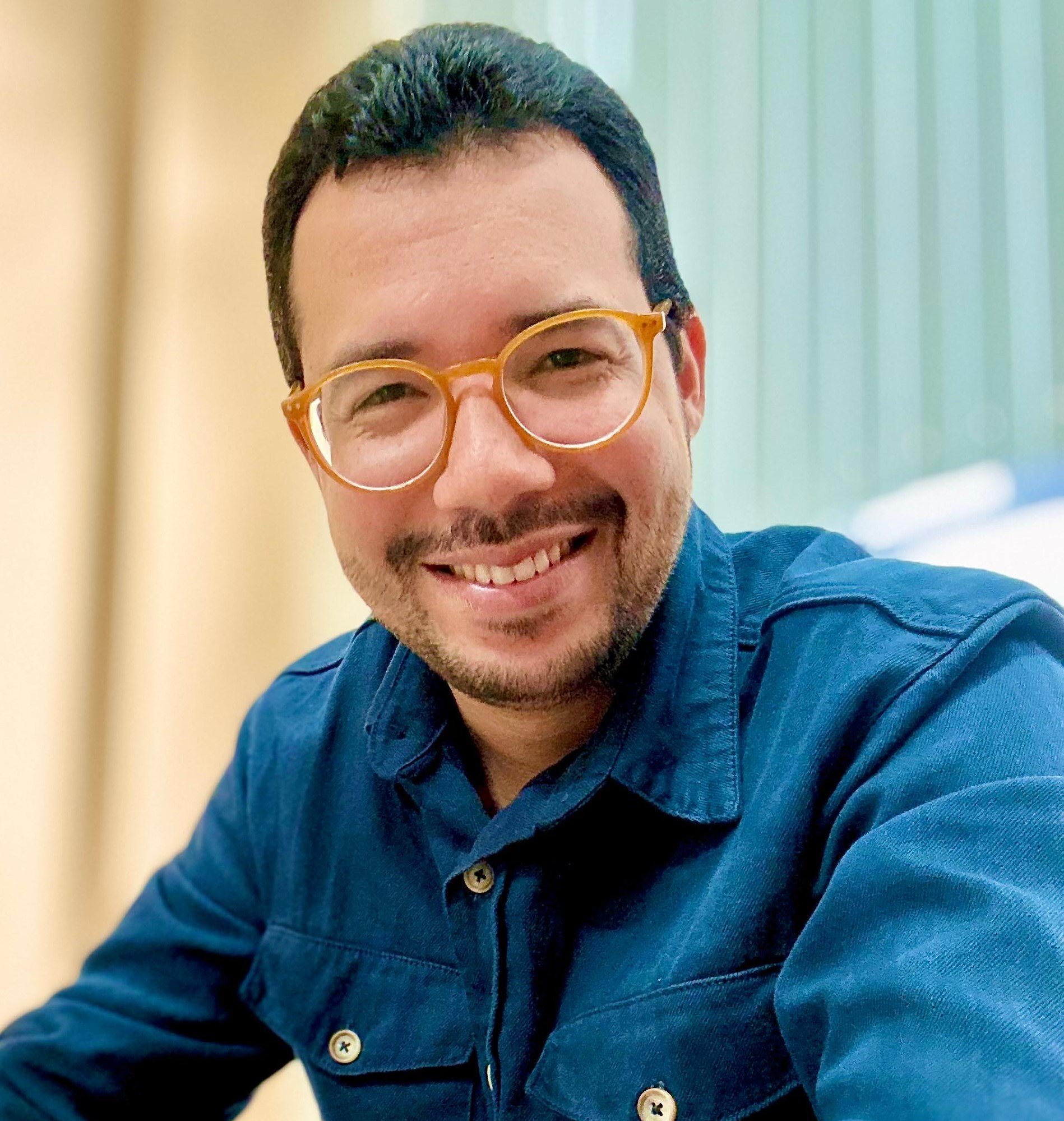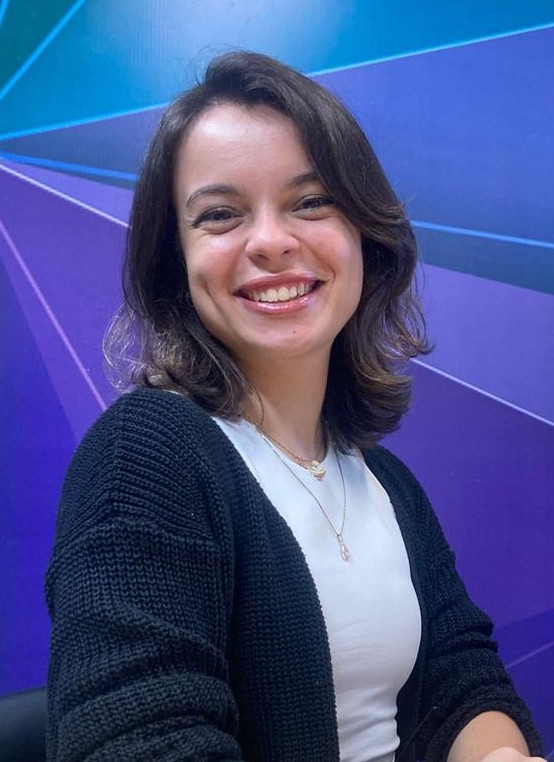ORIENTATION TO PARENTS OF CHILDREN WITH AUTISM SPECTRUM DISORDER
DOI:
https://doi.org/10.17564/2316-3828.2025v13n1p6-16Keywords:
Transtorno autistico, pais, terapia cognitivaPublished
Downloads
Downloads
Issue
Section
License
Copyright (c) 2025 Interfaces Científicas - Educação

This work is licensed under a Creative Commons Attribution-NonCommercial 4.0 International License.
A Revista oferece acesso livre e imediato ao seu conteúdo, seguindo o princípio de que disponibilizar gratuitamente o conhecimento científico contribui para a democratização do saber. Assume-se que, ao submeter um artigo, o(a) autor(a) se reconhece como detentor(a) do direito autoral sobre ele e autoriza seu livre uso pelos leitores, podendo ser, além de lido, baixado, copiado, distribuído e impresso.Abstract
The autism spectrum disorder is a condition that affect the neurodevelopment marked by impaired in abilities socio communication and behavior. These specifics made a lot of times unpredictable and atypical behaviors in daily situations, that can bring high levels of parental stress. And like the parents/caregivers, in biggest part, doesn’t receive specifical orientations about how to deal with those questions. Thinking about this, was made a theoretical study, about publications that talk of the direct interaction of parents/caregivers of children with TEA in interventions with their kids. The goal of this study is to describe the found results, discussing the efficacy in the changed of the behavior of this children when include the parents in intervention practices, just like verify the existence of dados about the impact of the same in the scholar environment. The results shows that those interventions came social wins to the children with TEA, specially when has orientation direct to the parents/caregivers.
How to Cite
References
AMERICAN PSYCHIATRIC ASSOCIATION (APA). Manual Diagnóstico e Estatístico de Transtornos Mentais: DSM-V. Artmed. ed. 5. Porto Alegre, 2014.
BARROS, P. FALCONE, E. Avaliação da empatia em crianças e adolescentes com síndrome de Asperger. (Tese de doutorado, Universidade do Estado do Rio de Janeiro), 2008.
BAILEY, K. M; BLAIR, K. S. Feasibility and potential efficacy of the family-centered Prevent-Teach-Reinforce model with families of children with developmental disorders. Res Dev Disabil, United States, 47, p.218-33, 2015.
BEARSS, K et al. Parent Training in Autism Spectrum Disorder: What’s in a Name?. Clinical Child and Family Psychology Review, Nova York, v.18, n. 2, p.170-182, 2015.
BOSA, C. Autismo: atuais interpretações para antigas observações. In: BAPTISTA, C. R; BOSA, C. (Orgs.). Autismo e educação: reflexões e propostas de intervenção. Porto Alegre: Artmed, p. 21-39, 2002.
FARMER, J; REUPERT, A. Understanding Autism and understanding my child with Autism: An evaluation of a group parent education program in rural Australia. Australian Journal of. Rural Health, v.21, 20–27, 2013.
FÁVERO, M. Â; SANTOS, M. A. Autismo infantil e estresse familiar: uma revisão sistemática da literatura. Psicologia: Reflexão e Crítica, v.18, p. 358-369, 2005.
FERNANDES, F. D. Famílias com crianças autistas na literatura internacional. Revista Soc. Brasileira Fonoaudiologia, 14(3): 427-32, 2009.
FREULER, A.C; BARANEK, T.G; TASHJIAN, C; WATSON, L. R; CRAIS, E.R;TURNER-BROWN, L. Parent reflections of experiences of participating in randomized controlled trial of a behavioral intervention for infants at risk of autism spectrum disorders. Autism. v. 8, p. 1-10, 2013.
GISTEIN, S. E. Autism Aspergers: Solving the ralationship puzzle: A new developmental program that opens the door to lifelong social and emotional growth. Texas: Future Horizons, 2000.
KAZDIN, A. E. Parent management training: treatment for oppositional, aggressive, and antisocial behavior in children and adolescents. New York: Oxford University Press, 2005.
LABBADIA, E. M., & CASTRO, L. L. . Intervenções para pais de crianças e adolescentes em terapia cognitivo-comportamental. In A. V. Cordioli (Org.), Psicoterapias: Abordagens atuais (pp. 745-759). Porto Alegre: Artmed, 2008.
MARTIN, G; PEAR, J. Modificação do comportamento: o que é e como fazer. São Paulo: Roca, 2009.
NEUFELD, C. B. (ORG). Terapia Cognitivo-Comportamental em grupo para crianças e adolescentes. Porto Alegre: Artmed, 2015.
ROGERS, S. J; VISMARA, L; WAGNER, A.L; MCCORMICK, C; YOUNG, G; OZONOFF, S. Autism Treatment in the First Year of Life: A Pilot Study of Infant Start a Parent-Implemented Intervention for Symptomatic Infants. Journal of autism and developmental disorders, v. 12, n. 44, p. 2981-95, 2014.
ROUX, G; SOFRONOFF, K; SANDERS, M. A randomized controlled trial of group stepping stones triple P: a mixed‐disability trial. Family Process, v. 3, n. 52, p. 411-424, 2013.
PIMENTEL, A. G. L.; FERNANDES, F. D. M. A perspectiva de professores quanto ao trabalho com crianças com autismo. Audiol., Commun. Res., São Paulo, v. 19, n. 2, p. 171-178, Jun, 2014.
SCHMIDT, C. Estresse, auto-eficácia e o contexto de adaptação familiar de mães de portadores de autismo. Dissertação (Mestrado em Psicologia). Instituto de Psicologia da Universidade Federal do Rio Grande do Sul, Porto Alegre, 2004.
SCHMIDT, C; E BOSA, C. Grupo de familiares de pessoas com autismo: relatos de experiências parentais. Aletheia, 32, p 183-194, 2010.
SMITH, L. E; GREENBERG, J. S; MAILICK, M. R. The family context of autism spectrum disorders: influence on the behavioral phenotype and quality of life. Child Adolesc Psychiatr Clin N Am, United States, v. 23, n.1, 143-55, 2014.
VERNON, T.Y. W. et al. An Early Social Engagement Intervention for Young Children with Autism and their Parents. J Autism Dev Disord, v. 12, n. 42, p. 2702–2717, 2013.
VISMARA, L.A; ROGERS, S.J. Behavioral Treatments in Autism Spectrum Disorder: What do we Know? Annu Rev Clin Psychol. p. 447-468, 2010.


















